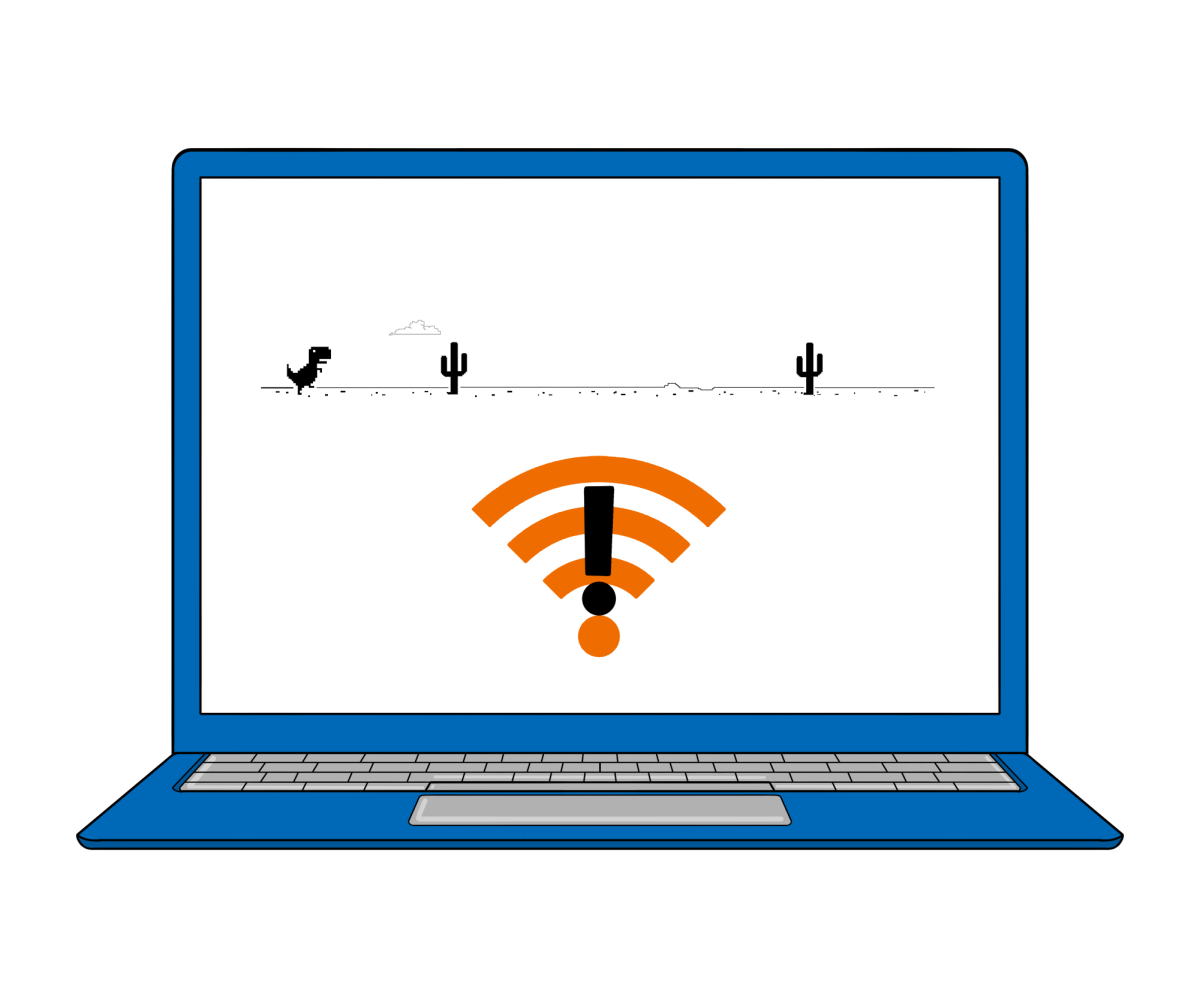*The name Brian has been used to protect the identity of interviewees in the following article.
Hacking doesn’t look anything like the movies. There’s no frantic typing on an obnoxiously loud keyboard or chaotic yelling about firewalls and mainframes. It’s calm and methodical, and for Brian, senior, it’s all too easy. In his room, he’s “Hacking.” Downloading a VPN onto a flashdrive, he plugs it into his school-issued laptop. Three clicks is all it takes. He’s jailbroken his computer, and there’s nothing anyone can do to stop him.
At the senior class meeting, Dr. Josh Flores, senior grade level principal, unveiled KHS’ new policy on VPN searches and downloads; wherein two searches of the three-letter acronym would result in three days of Out-of-School Suspension (OSS). Some students, like Brian, said the punishment is too harsh, something freshman grade-level Principal Dr. Mike Gavin disagrees with.
“When a VPN is downloaded, it [removes] the governors from the computer,” Gavin said. “You can search or [do anything] at that point, which is [why KSD] has a defined process for [discipline] with VPNs.”
Students at Kirkwood High School (KHS) are part of 18% of US High Schools who receive Apple MacBooks each year, according to a study by CNBC. KHS’ use of technology has allowed KHS to expand its online learning offerings, including opening the Pioneer E-Learning Academy (PeLA), last year. However, policing students’ use of technology and ensuring they cannot access prohibited content has presented a unique challenge for grade-level offices, central office and the School Board.
“[KHS] has a [legal] responsibility to make sure students can’t access [federally prohibited] sites,” Gavin said. “There’s so many ways you can go sideways on the web… and you can search things that put [KHS] in violation of CIPA (Children’s Internet Protection Act) for what kids can’t see.”
Gavin acknowledged that the district’s obligations to protecting its students created some obstacles to learning, he also stressed that KHS’ relationship with the district’s technology office makes it easy for teachers and students alike to request for restrictions to be removed. Brian, who credited his difficulty accessing a mechanic’s forum to see why his car wasn’t running as his reason for using a VPN, disagreed.
“I think it’s ridiculous that [KSD] blocks sites that are ,” Brian said. “It entices kids who aren’t going to normally break school rules to [break] them so they can figure out why their car is leaking fluid.”
Brian also said KSD’s disciplinary system had absolutely no effect on his use of a VPN and other methods of bypassing school security, and that he knew of others who continued their use in the face of a possible suspension. Brian also questioned whether or not suspensions were being applied fairly.
Two people had sex in the janitor’s closet and they got [OSS] for three days,” Brian said. “I type in [3] letters and I’m getting the same consequence… I think that’s [laughable].”
Brian also mentioned the benefits of learning to use a VPN. A VPN’s ability to bypass censored content is particularly valuable, Brian said.
“If you’re [a young person] and you’re trying to learn technology, learning how to use a VPN and pushing yourself beyond your comfort zone is [a great way to learn],” Brian said. “Maybe if you’re distracting yourself in class it’ll help you learn something [about technology].”
Both Brian and Gavin acknowledged the flaws of KSD’s security systems. However, Gavin highlighted the positive benefits of monitoring student searches.
“When a student [searches for self-harm content], that springs into action a [team] of counselors, principals and social workers,” Gavin said. “That gives [students] a way to ask for help in a way they think is safest [for them].”










